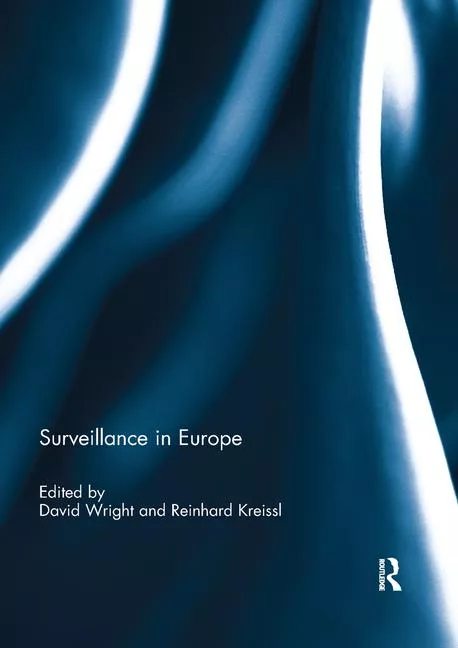Proposed Puerto Rican Scanning Regulation Will Result in Increased Costs and Supply Chain Delays
In December 2010, the Puerto Rico Ports Authority (PRPA) issued a proposed regulation that would require all inbound cargo containers, regardless of whether the container was shipped from a company located in the United States or from a company located in a foreign country, to be scanned for contraband. If enacted, the proposed scanning regulation would increase costs and result in supply chain delays. The cost would range from $58 to $70 per container (depending on the size of the container).
The PRPA regulation gives the following rationale for scanning 100 percent of all inbound cargo containers:
Although these closed Cargo Containers should include only the items and products disclosed in the Ship’s Manifest and/or Bill of Lading, it is a well known fact that the closed Cargo Containers may sometimes include undisclosed items and products, to be introduced as contraband into Puerto Rico either to avoid paying the applicable excise or other related taxes, or to avoid its detection by the authorities when its importation into Puerto Rico is illegal. Moreover, such contraband poses a threat to the security and safety of the maritime port facilities and the people located therein.
To meet the challenge of providing safety and security at its maritime port facilities, in view of the high number of inbound closed Cargo Containers that arrive to Puerto Rico, from time to time, the Puerto Rico Ports Authority desires to implement security measures in its maritime port facilities, which includes the installation of a new inspection system using non-intrusive scanning technology with the capacity of scanning up to 100 percent of the inbound closed Cargo Containers entering the San Juan Port facilities not previously selected and scanned (imaged) by the United States Custom Border Protection.
The PRPA regulation does not exempt companies that are low-security risks. For example, the proposed PRPA regulation does not exempt entities that have been C-TPAT certified by CBP. Thus, even though CBP considers a C-TPAT certified entity to be a low-security risk and therefore subject to less scrutiny, the proposed PRPA regulation would require that 100 percent of that entity’s inbound cargo containers be scanned for contraband.
The PRPA claims that various customs and security laws authorize it to scan 100 percent of inbound containers, regardless of the whether a particular container is shipped from a U.S. state or from a foreign country. Although those laws may authorize the scanning of inbound containers from a foreign country, nothing in any of those laws authorizes the scanning of cargo containers originating in individual states or territories. Although protecting the safety of its citizens is a laudable goal of all governments, the PRPA’s purported safety rationale for scanning 100 percent of all inbound containers – even from other states and regardless of the security profile of the shipper -- is suspect because it requires the third party scanning company to pay the PRPA $10 per each container scanned, which could result in millions of dollars of additional revenue for Puerto Rico. Thus, contrary to the stated rationale, the real rationale for the proposed regulation is to raise revenue for Puerto Rico. Moreover, it is likely that the proposed PRPA scanning regulation violates the U.S. Constitution because Puerto Rico is enacting a regulation that excessively burdens interstate commerce, something that it is not imposing on Puerto Rican entities that export goods from Puerto Rico.
The PRPA regulation sets a bad precedent. If the PRPA regulation were to become the norm, under the guise of health and safety claims, states could scan -- and charge fees -- for cargo containers originating in any other state. For example, what would happen if, under the guise of protecting the health and safety of New York, the State of New York imposed a requirement that 100 percent of trucks carrying cargo originating in states outside of New York be scanned for contraband and charged a fee for each truck that was scanned? The likely result would be that many states would adopt similar revenue raising schemes and interstate commerce would grind to a standstill. Companies should band together to fight the enactment of this proposed regulation.
Douglas Heffner is a Washington, D.C.-based partner in Customs & Trade Practice Group of Drinker, Biddle & Reath LLP. He may be reached at Douglas.Heffner@drinker.com.
Looking for a reprint of this article?
From high-res PDFs to custom plaques, order your copy today!




.webp?height=200&t=1736946657&width=200)


